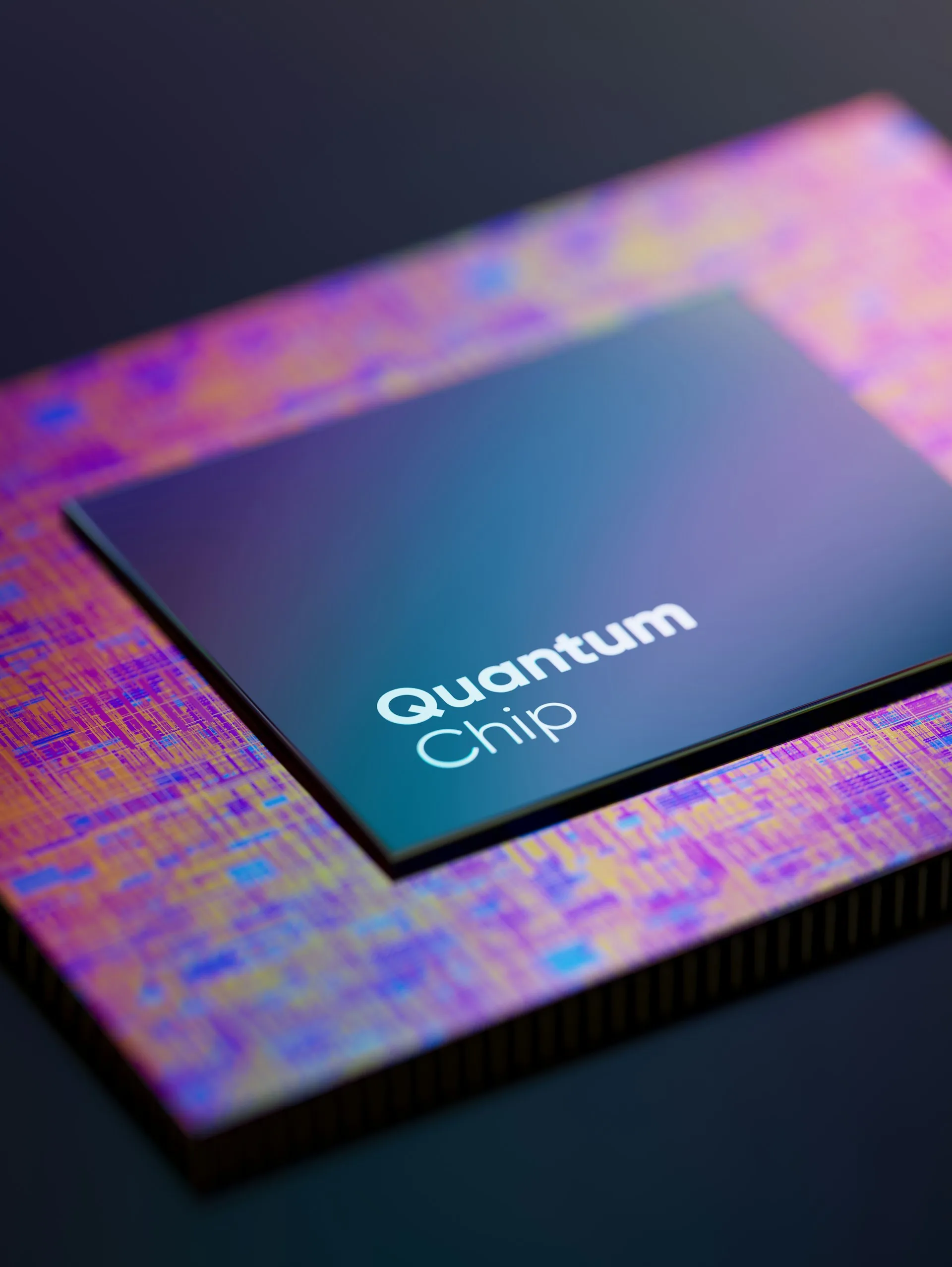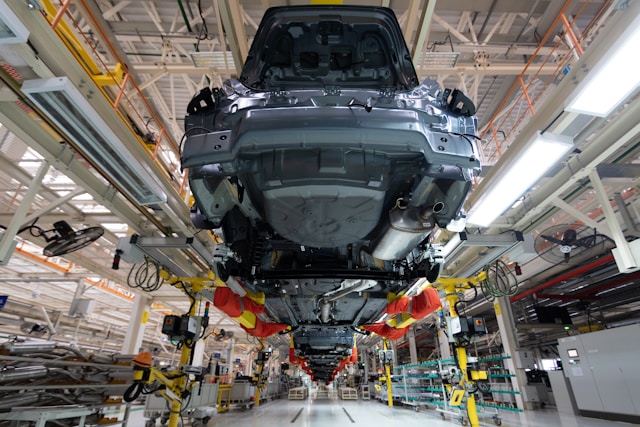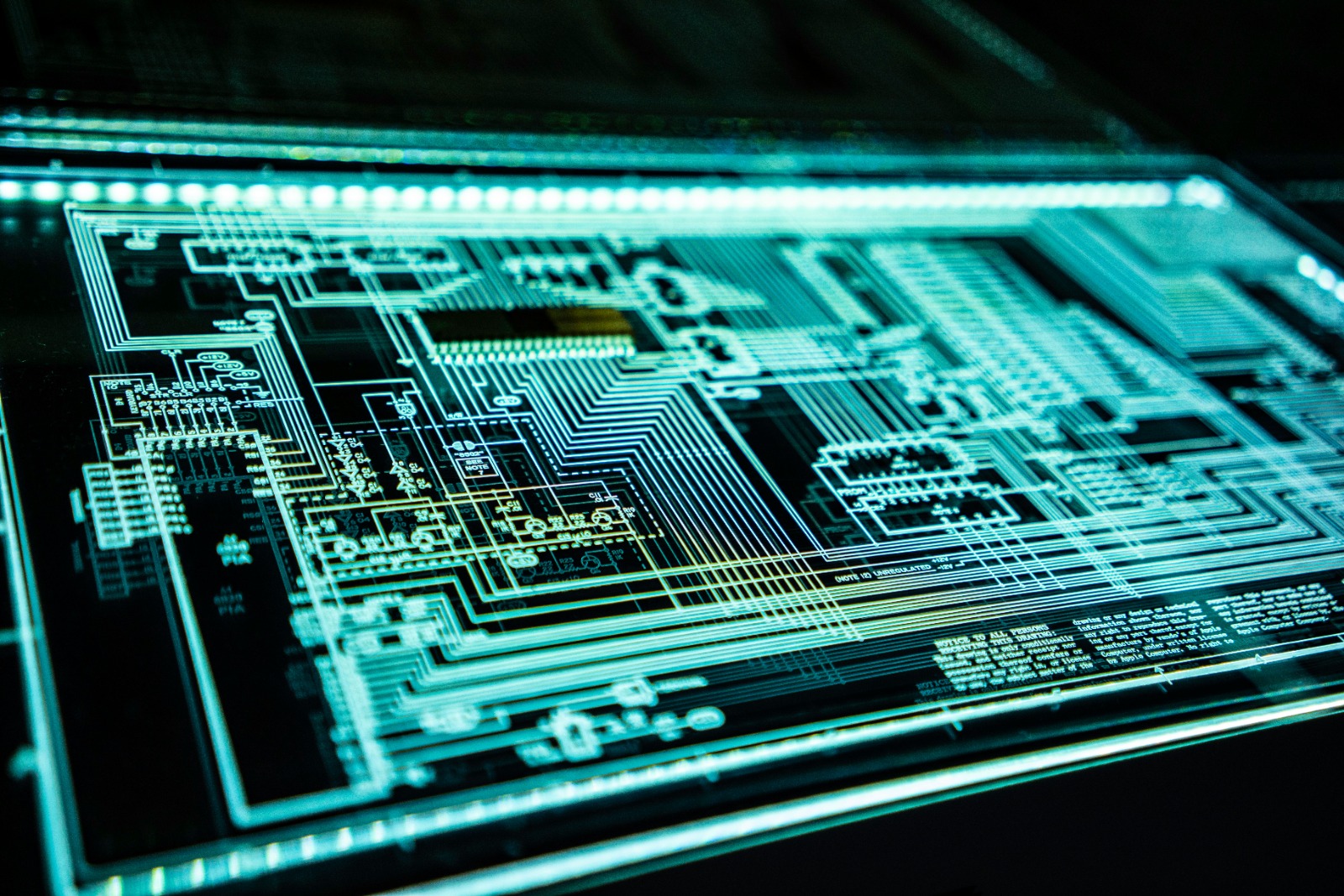Quantum Artificial Intelligence: the New Secret Ingredient of the Digital Revolution

Quantum Artificial Intelligence: The New Secret Ingredient of the Digital Revolution
Since its birth, AI has been like a chef with access to a state-of-the-art kitchen, but limited by the speed and capacity of the available utensils. Quantum computing is the equivalent of a radical change in the way of cooking: it not only allows processing information at inconceivable speeds, but also introduces completely new ways of addressing problems that until now seemed insurmountable.
A New Dawn: 2025 and the Quantum Impact
2025 has been declared by UNESCO as the International Year of Quantum Science and Technology, marking the centenary of quantum mechanics. But it is not just a historical commemoration: it is the moment when quantum technology has ceased to be a laboratory experiment to begin demonstrating concrete applications in the industry. Companies like Microsoft, Amazon, Google, and specialized startups have put on the table advances that promise to change the game. From Microsoft’s Majorana 1 chip, based on Majorana fermions to reduce quantum errors, to Ocelot, Amazon’s quantum processor that accelerates error correction by 90%, the tech giants have entered a dizzying race. China has not been left behind, announcing a 105-qubit chip, reinforcing its position in the global quantum competition. And Google, with its Willow processor, has rekindled the debate about “quantum advantage” by demonstrating that its system is 10¹⁵ times faster than a traditional supercomputer (the number “10” multiplied by itself 15 times). The most impressive thing is that a single quantum chip, such as Microsoft’s, could be more powerful than all current classical computers combined. This marks a turning point in the history of computing. While traditional computers operate on a binary system of 0 and 1, quantum computing allows processing multiple states simultaneously, exploring several paths at the same time instead of just one. This new paradigm opens the door to solving problems impossible for current technology. But, beyond the impressive numbers and corporate announcements, the real revolution is happening in how this technology is reconfiguring entire industries.
Quantum Ai: the Fusion of Two Revolutions
Artificial intelligence has experienced extraordinary advances in recent years, but its development is still limited by the processing capacity of classical computers. Quantum computing is the key that can unlock the next level: AI models that learn faster, analyze colossal amounts of data in seconds, and solve complex problems with greater precision. Imagine machine learning models that can process information simultaneously in multiple dimensions, without current limitations. Companies like Google, IBM and startups like Xanadu and Rigetti are already exploring how quantum AI can accelerate the discovery of patterns in financial, biological, and logistical data. This combination of AI and quantum computing is not just an incremental improvement, but a technological revolution that will redefine how businesses and governments operate.
More Articles

What is a Smart Factory and How Does it Operate in Silao?
Jan 26, 2026

Denza Automotive Launches Operations in Mexico: Key Insights into BYD's Luxury Brand
Jan 12, 2026

How and Where to Leverage 2026 Property Tax Discounts in Aguascalientes
Jan 5, 2026

2026 Calendar: All Long Weekends and Public Holidays in Mexico
Jan 2, 2026

2026 World Cup to Elevate Cyberattack and Operational Disruption Risks for Businesses
Jan 12, 2026

Aguascalientes' Green Economic Engine
Jan 15, 2026
